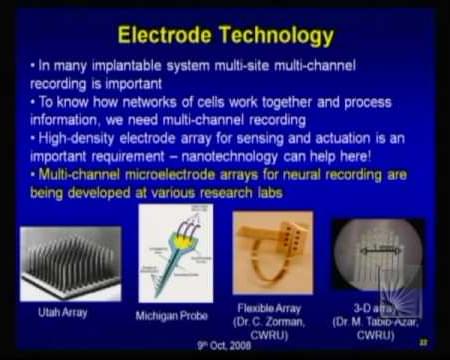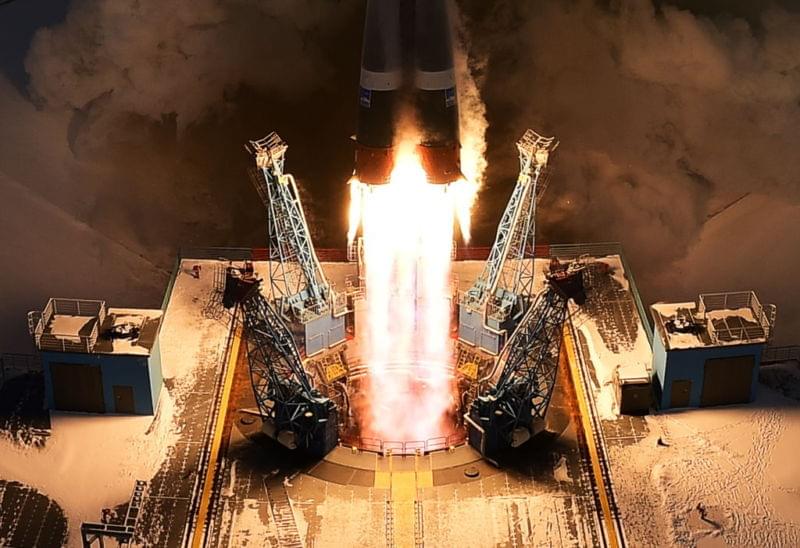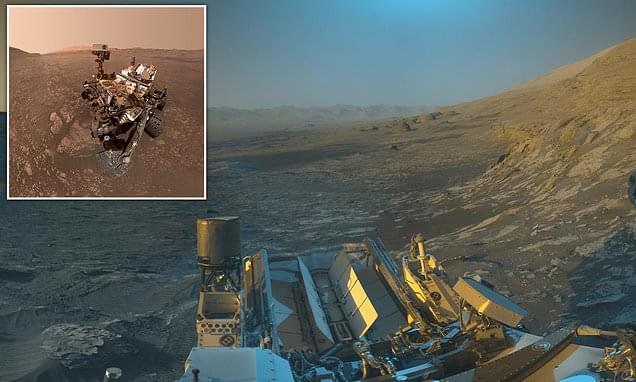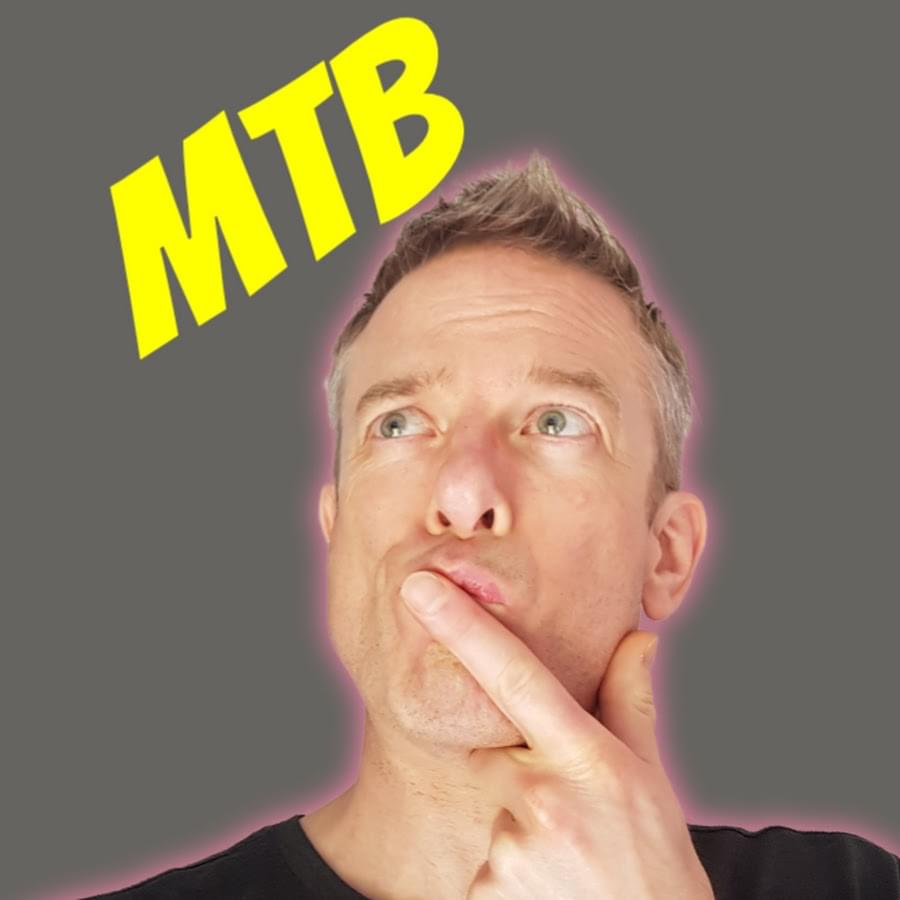Nov 25, 2021
Implantable Electronics: Can Nanotechnology Help?
Posted by Dan Breeden in categories: habitats, nanotechnology
Speaker: Swarup Bhunia.
http://www.eecs.case.edu/doku.php?id=eecs: home: seminar_series:upcoming_seminars.

Speaker: Swarup Bhunia.
http://www.eecs.case.edu/doku.php?id=eecs: home: seminar_series:upcoming_seminars.

Roscosmos launched a new docking node module to the International Space Station (ISS) on Wednesday, November 24 at 13:06 UTC / 8:06 am EST.
Launching from the Baikonur Cosmodrome in Kazakhstan, the module will add additional docking ports to the Russian Segment of the station to provide options for future expansion but is the final Russian model planned for the outpost.
Continue reading “Russia launches new docking node to space station” »

NASA’s Curiosity rover has marked the 10th anniversary of its launch to Mars by sending back a spectacular ‘picture postcard’ from the Red Planet.
The robotic explorer snapped two black and white images of the Martian landscape which were then combined and had colour added to them to produce the remarkable composite.
Continue reading “NASA’s Curiosity rover sends a ‘picture postcard’ from Mars” »
As Neptune and Uranus could solve the mysteries of planet formation, we need to go back and study them in depth.
Sending a spacecraft to study Uranus and Neptune could give planetary scientists better clues about the formation of ice giants.
Major sales milestone gives birth to a compact UNO clone, finished in eye-catching black and gold — and even boasting castellated pins.
In recent years, many frameworks and guidelines have been created that identify objectives and priorities for ethical AI.
This is certainly a step in the right direction. But it’s also critical to look beyond technical solutions when addressing issues of bias or inclusivity. Biases can enter at the level of who frames the objectives and balances the priorities.
In a recent paper, we argue that inclusivity and diversity also need to be at the level of identifying values and defining frameworks of what counts as ethical AI in the first place. This is especially pertinent when considering the growth of AI research and machine learning across the African continent.
Tutel is a high-performance MoE library developed by Microsoft researchers to aid in the development of large-scale DNN (Deep Neural Network) models; Tutel is highly optimized for the new Azure NDm A100 v4 series, and Tutel’s diverse and flexible MoE algorithmic support allows developers across AI domains to execute MoE more easily and efficiently. Tutel achieves an 8.49x speedup on an NDm A100 v4 node with 8 GPUs and a 2.75x speedup on 64 NDm A100 v4 nodes with 512 A100 GPUs compared to state-of-the-art MoE implementations like Meta’s Facebook AI Research Sequence-to-Sequence Toolkit (fairseq) in PyTorch for a single MoE layer.
Tutel delivers a more than 40% speedup for Meta’s 1.1 trillion–parameter MoE language model with 64 NDm A100 v4 nodes for end-to-end performance, thanks to optimization for all-to-all communication. When working on the Azure NDm A100 v4 cluster, Tutel delivers exceptional compatibility and comprehensive capabilities to assure outstanding performance. Tutel is free and open-source software that has been integrated into fairseq.
Tutel is a high-level MoE solution that complements existing high-level MoE solutions like fairseq and FastMoE by focusing on the optimizations of MoE-specific computation and all-to-all communication and other diverse and flexible algorithmic MoE supports. Tutel features a straightforward user interface that makes it simple to combine with other MoE systems. Developers can also use the Tutel interface to include independent MoE layers into their own DNN models from the ground up, taking advantage of the highly optimized state-of-the-art MoE features right away.

https://www.youtube.com/c/MakingTomorrowBetter
I have a small YouTube channel which I create videos on clean energy and the environment. I have under 600 subs and many videos have not even hit 100 views but I am being increasingly targeted by fossil fuel activists and supporters, with personal attacks and misinformation.
I do respond to misinformation, and remove the worst comments but if anyone would like to help support me, nipping over to my channel, watching some videos and subscribing to the channel would be most appreciated.
We can show them that they are the minority, not us, and the wider the information spreads the quicker the change will be and the better life will be for everyone.
Thanks in advance and have an awesome day.
It is very likely that treatments to address the issues that cause aging & its related conditions & diseases will be within our reach in 15 to 20 years.
“The Singularity” is a term coined by John von Neumann, a major figure in the history of computer science. The concept refers to a hypothetical time when computers become more intelligent than humans and can improve themselves without our input. Imagine a run-away reaction where artificial intelligence is able to improve itself. This improved self is able to further improve itself. With each improvement the rate at which…
Artificial intelligence holds tremendous promise, but the technology also threatens society. According to MIT Economist Daron Acemoğlu, AI must be regulated now.
